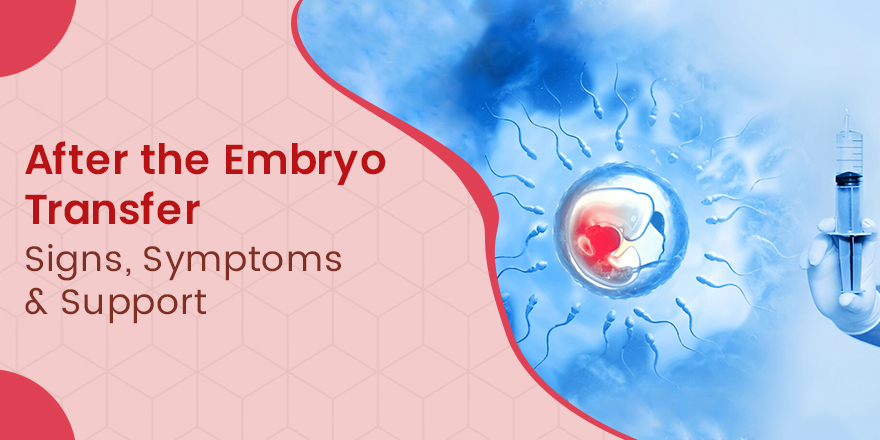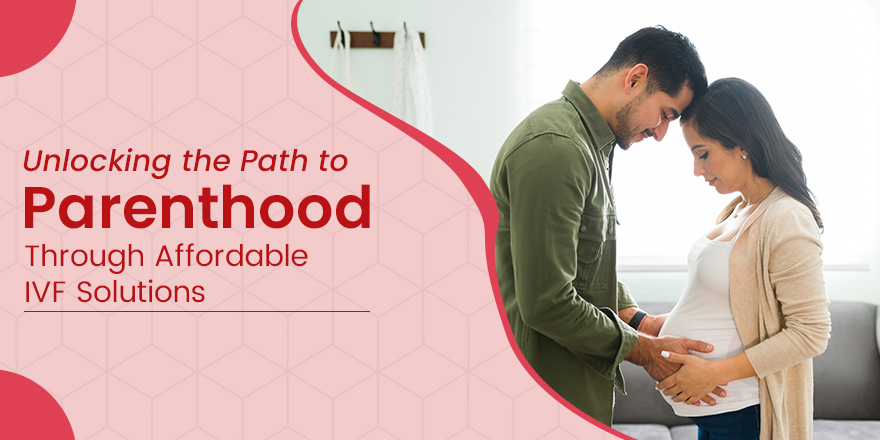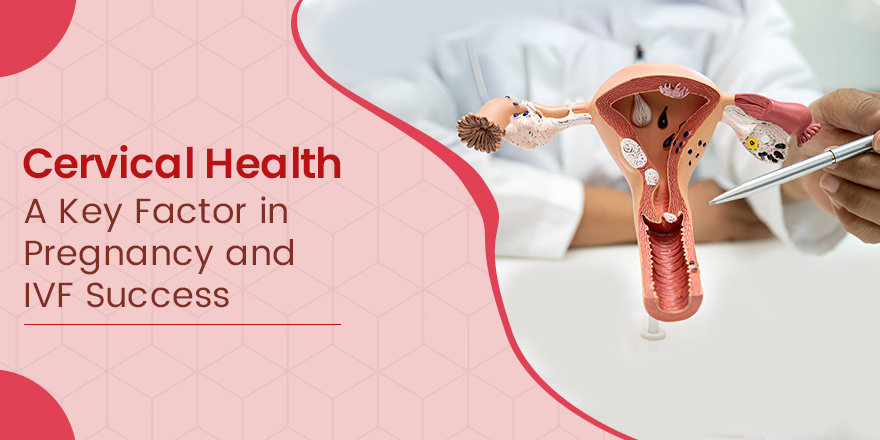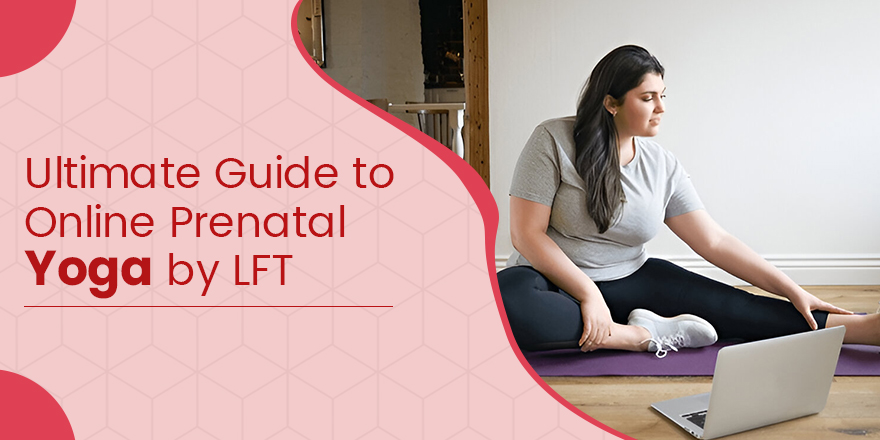After the Embryo Transfer: Signs, Symptoms & Support
Going through an IVF journey is a mix of hope, excitement, and sometimes anxiety. One of the most awaited moments in this process is the frozen embryo transfer (FET). If you’ve recently had your FET, it’s natural to feel curious and even a bit nervous about what comes next. In this blog, we’ll walk you through what to expect after a frozen embryo transfer, from physical changes to emotional feelings, all in easy and simple language.
What is a Frozen Embryo Transfer (FET)?
A frozen embryo transfer is when an embryo that was created during a previous IVF cycle is thawed and transferred into the woman’s uterus. It is a safe and common procedure that increases the chances of pregnancy.
At Seeds of Innocens, our experts use advanced technologies to ensure a smooth and successful FET process.
What Happens Right After the Transfer?
The embryo transfer is a simple and painless procedure. Once it’s done, you may be advised to rest for a short time at the clinic. After that, you can go home and continue your daily routine with a few precautions.
Here are some things you might experience:
- Mild Cramping or Spotting: You may feel light cramping, similar to period pain. Some women also notice a little spotting (light bleeding). This is completely normal and could be a sign of embryo implantation.
- Feeling Bloated or Tired: Hormonal medications used during the IVF cycle may cause bloating, breast tenderness, or tiredness. These are normal side effects and not a cause for worry.
- Emotional Ups and Downs: The two-week wait after FET can feel very long. You might feel excited one moment and anxious the next. It’s normal to have mixed emotions.
Taking Care After Frozen Embryo Transfer
Here are a few simple tips to help your body and mind after the transfer:
- Take your medications on time: Hormonal support (like progesterone) is crucial for supporting the uterine lining and embryo.
- Eat a healthy diet: Focus on balanced, nutritious meals that keep your energy levels steady.
- Stay hydrated: Drink enough water every day.
- Avoid heavy exercise: Gentle walking or yoga is fine, but avoid lifting heavy weights or high-impact workouts.
- Get enough sleep: Your body heals and supports implantation best when well-rested.
- Limit stress: Try meditation, reading, or listening to music to keep yourself calm.
Symptoms That May Indicate Pregnancy
Some women may start noticing early pregnancy symptoms, while others may feel nothing at all. Both situations are perfectly normal. Here are some possible signs:
- Mild cramps or backaches
- Breast tenderness
- Feeling more tired than usual
- Light spotting (implantation bleeding)
- Frequent urination
Remember, these symptoms can also be caused by medications, so don’t rely on them to guess the result.
When to Take a Pregnancy Test?
It’s very tempting to take a pregnancy test early, but it’s best to wait until 10-14 days after the transfer. Testing too soon can give false results because of remaining hormones from your medications.
Your doctor will schedule a beta hCG blood test to confirm pregnancy. This test is more accurate than a home urine test.
What If It Doesn’t Work This Time?
Not every embryo transfer leads to pregnancy. If the result is negative, don’t lose hope. Talk to your fertility doctor to understand the next steps. You may still have frozen embryos for another transfer or explore other supportive treatments.
At Seeds of Innocens , we offer counselling and expert care every step of the way, no matter the result.
When to Call the Doctor?
While most symptoms are normal, contact your doctor if you experience:
- Heavy bleeding or severe cramping
- Fever or chills
- Severe abdominal pain
- Fainting or dizziness
These could be signs of complications and should be checked immediately.
Emotional Support Matters
Going through IVF is a big emotional journey. It’s okay to feel nervous, excited, scared, or hopeful. Share your feelings with your partner or talk to a counsellor. Seeds of Innocens provides emotional support and counselling sessions to help you stay strong during this waiting period.
Conclusion
After a frozen embryo transfer, it’s important to take care of your body, follow medical advice, and be kind to yourself emotionally. Whether the outcome is positive or not, your journey is valid, and you deserve full support.
At Seeds of Innocens, we are with you at every step. From expert fertility care to emotional support, we ensure your IVF journey is filled with hope, comfort, and confidence.
Stay positive, stay informed, and know that you’re not alone.
Also Read: Key to a Successful PGTA IVF Journey





